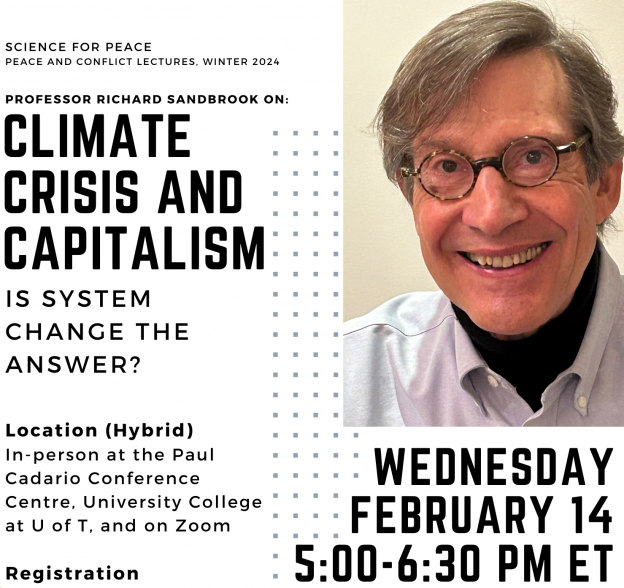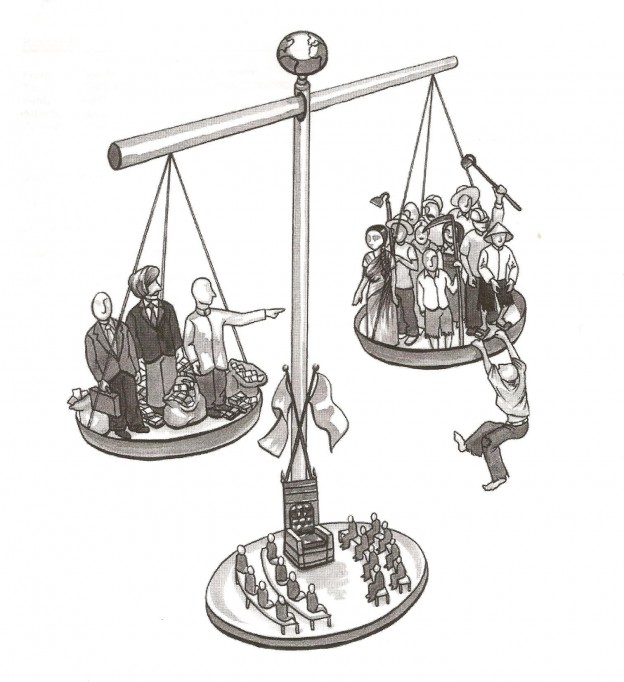This 55-minute lecture assesses approaches for surmounting the accelerating climate crisis. i focus on the desirability, viability, and potential feasibility of these approaches.
The argument is simple.

This 55-minute lecture assesses approaches for surmounting the accelerating climate crisis. i focus on the desirability, viability, and potential feasibility of these approaches.
The argument is simple.
Many of us are drawn to the idea of a New Left because we yearn for change of a certain type: toward a more democratic, egalitarian, cooperative and sustainable society. In practice, however, the left is in a perilous state in many countries. Reactionary populist and nativist movements are making inroads among constituencies, especially the working class, who might be expected to favour progressive causes.
What needs to be done to rejuvenate the left, to build a new left in sync with the 21st century? No one has all the answers. But at least we can identify the key questions and reflect on the possibilities.
Of society’s three potential steering mechanisms, market and state have each proved disastrous as the preponderant principle for allocating resources, production and power. The closer societies approximate the self-regulating market system, the steeper the costs. We see those costs today in the form of high inequality and insecure jobs, environmental destruction, economic volatility in the form of periodic booms and busts, the dilution of democracy, and the rise of right-wing populism in a context of widespread anger. The directive state, in the form of bureaucratic collectivism (communism and state socialisms), state capitalism and top-down social democracy, has also proved defective. The dominant state has, at the least, stifled civil society and market forces with its paternalistic embrace; at its worse, it has fostered a new class within a totalitarian system. Where do we look for a progressive alternative? Continue reading

Social democracy is one of the vaguest terms in the political vocabulary, yet it refers to a regime of considerable importance. Originally, social democrats were socialists who thought the surest path to societal transformation in emergent liberal democracies lay in building popular support through competitive party politics and social-movement organization. Since the 1960s and 1970s, however, social democrats have dropped references to socialist goals in favour of promoting a progressive, domesticated form of capitalism. But what precisely does this latter goal entail? Today, “socialist” parties in competitive party systems often have platforms that suggest a social-democratic orientation, whereas parties labelled “social-democratic” or “labour” pursue policies little different from those of the neoliberals. How can we resolve this definitional riddle? Continue reading